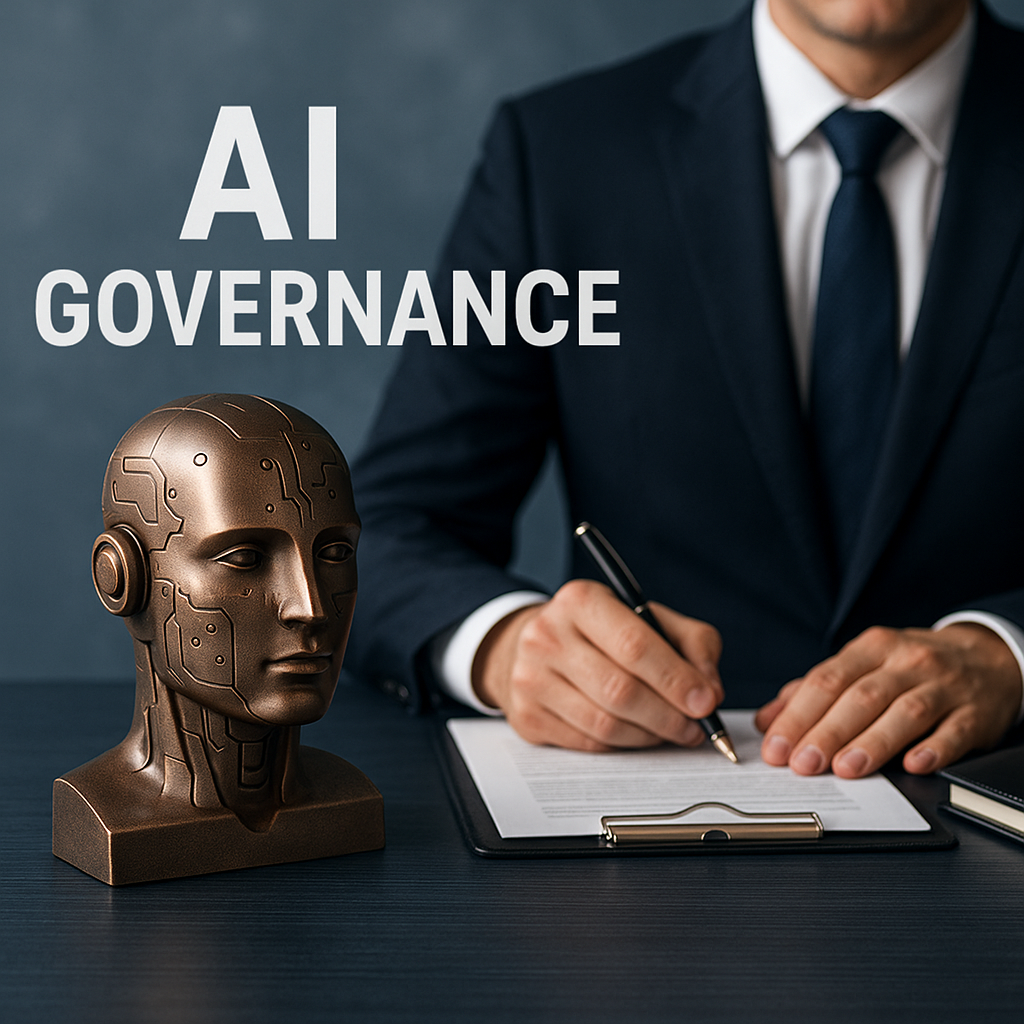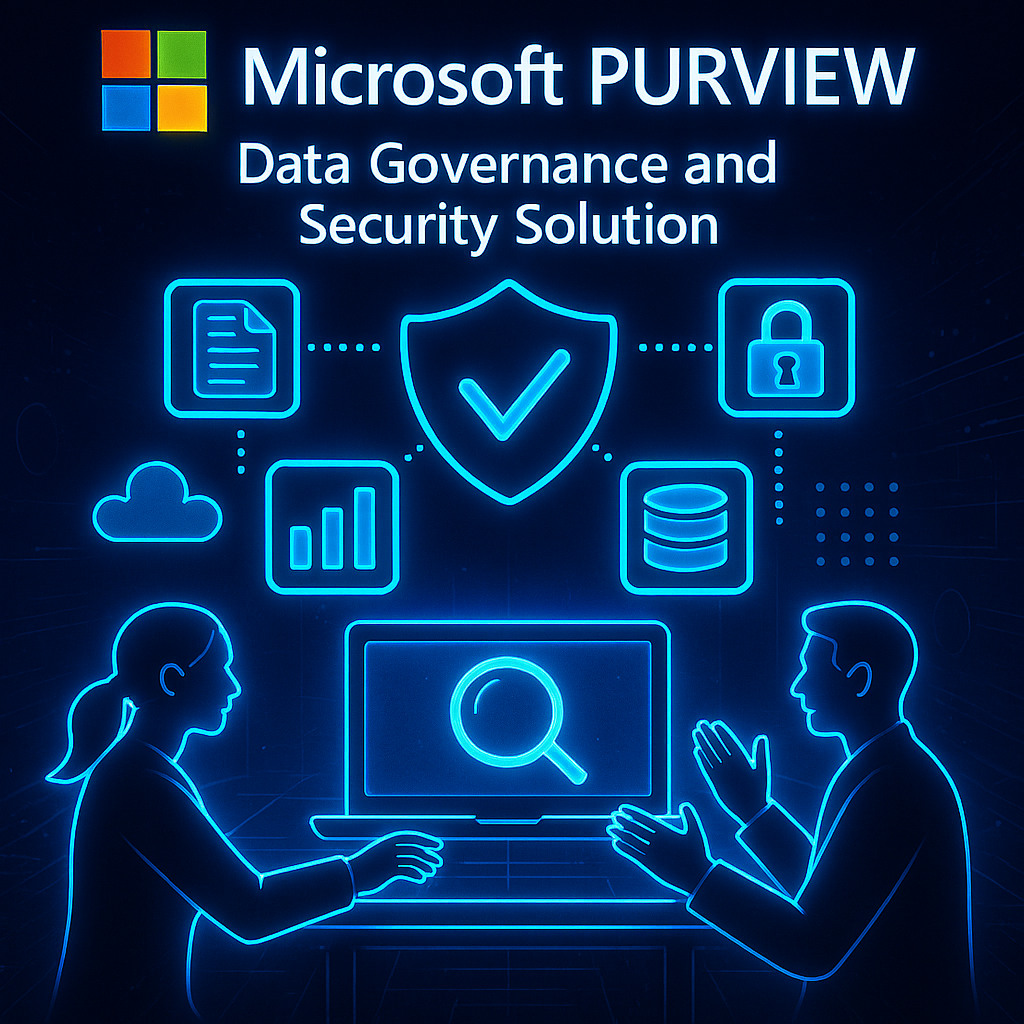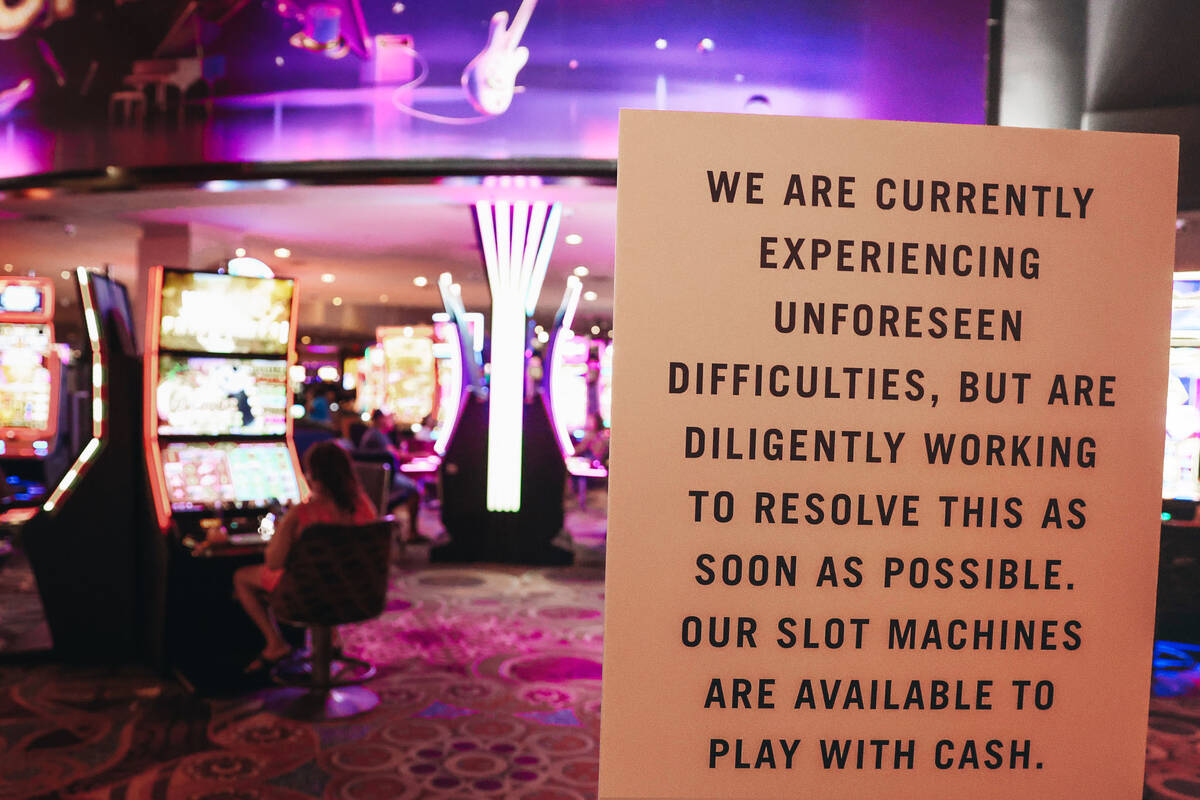
Introduction
The MGM cyberattack is one of the most notable instances of a company falling victim to a massive data breach. It serves as a reminder of the ever-present threat of cybercrime and highlights the need for businesses to prioritize their cybersecurity measures. Understanding the background and scale of the attack can shed light on the potential risks involved and help organizations take necessary precautions to safeguard their sensitive data.
Background of the MGM cyberattack
The MGM Resorts International data breach occurred in July 2019, when a hacker gained unauthorized access to the company’s systems and stole a vast amount of guest data. Approximately 10.6 million former guests of MGM hotels had their personal information exposed in this breach. It included names, contact details, and even passport information. The incident highlighted the vulnerabilities in MGM’s cybersecurity infrastructure and the need for robust protection against evolving cyber threats.
Scope and scale of the attack
The MGM cyberattack was a significant breach in terms of both scope and scale. The stolen data involved guests who had visited MGM properties dating back to 2017. The compromised information included personal details and sensitive data like driver’s license and Social Security numbers. This breach served as a wake-up call for businesses across industries, emphasizing the importance of comprehensive cybersecurity measures to safeguard customer information and maintain their trust.
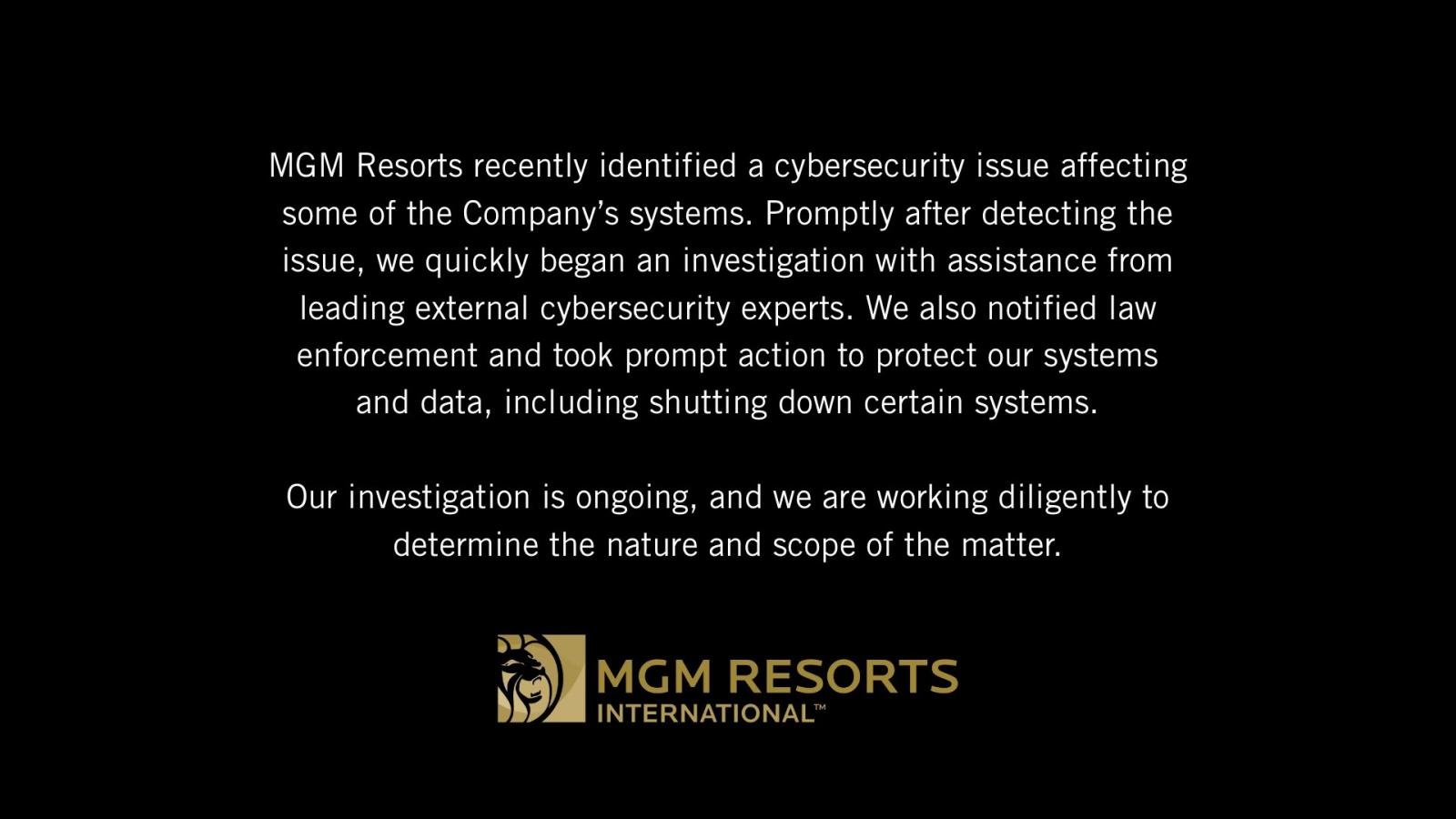
The article titled “Method of Attack” explores the techniques used in the MGM cyberattack. It provides an overview of the attack and highlights the targeted systems and vulnerabilities that were exploited.
Overview of the techniques used in the MGM cyberattack
The MGM cyberattack utilized sophisticated techniques to breach the company’s security defenses. The hackers employed tactics such as social engineering, spear-phishing, and malware injection to gain unauthorized access to sensitive information. These techniques allowed them to infiltrate MGM’s systems and exploit vulnerabilities to carry out their malicious activities.
Targeted systems and vulnerabilities exploited
The cyberattack primarily targeted MGM’s network infrastructure, including their database servers and customer information systems. The hackers took advantage of weaknesses in the company’s security protocols, outdated software, and unpatched vulnerabilities to gain entry. The attackers used these vulnerabilities to get around security measures and access private data, causing a lot of harm to MGM’s reputation and customer trust.
Overall, the MGM cyberattack serves as a stark reminder of the importance of robust cybersecurity measures. It highlights the need for organizations to regularly update their systems, strengthen security practices, and educate employees to prevent falling victim to such malicious attacks.

Impact and Consequences
Immediate consequences of the attack on MGM
The cyberattack on MGM Resorts in 2020 resulted in immediate consequences for the company. The breach exposed personal information of 10.6 million guests, including names, addresses, and phone numbers.
Effects on customer data and privacy
The attack on MGM Resorts had significant implications for customer data and privacy. The exposed personal information could potentially be used for nefarious purposes such as identity theft or targeted phishing attacks. This breach also damaged the trust and confidence of customers in the company’s ability to protect their data.
Financial implications for the company
The financial implications for MGM Resorts as a result of the cyberattack were substantial. Besides possible fines and penalties imposed by the law and regulations, the company had to deal with the expenses related to investigations, efforts to restore the situation, and potential lawsuits from affected customers. TheBesides damage to the company’s reputation and brand image also had a negative impact on customer loyalty and revenue.
The attack on MGM Resorts had immediate negative effects on the company. Customer personal information was exposed, which led to a loss of trust and had financial implications for the company.It serves as a reminder of the importance of robust cybersecurity measures to protect both customer data and corporate reputation.
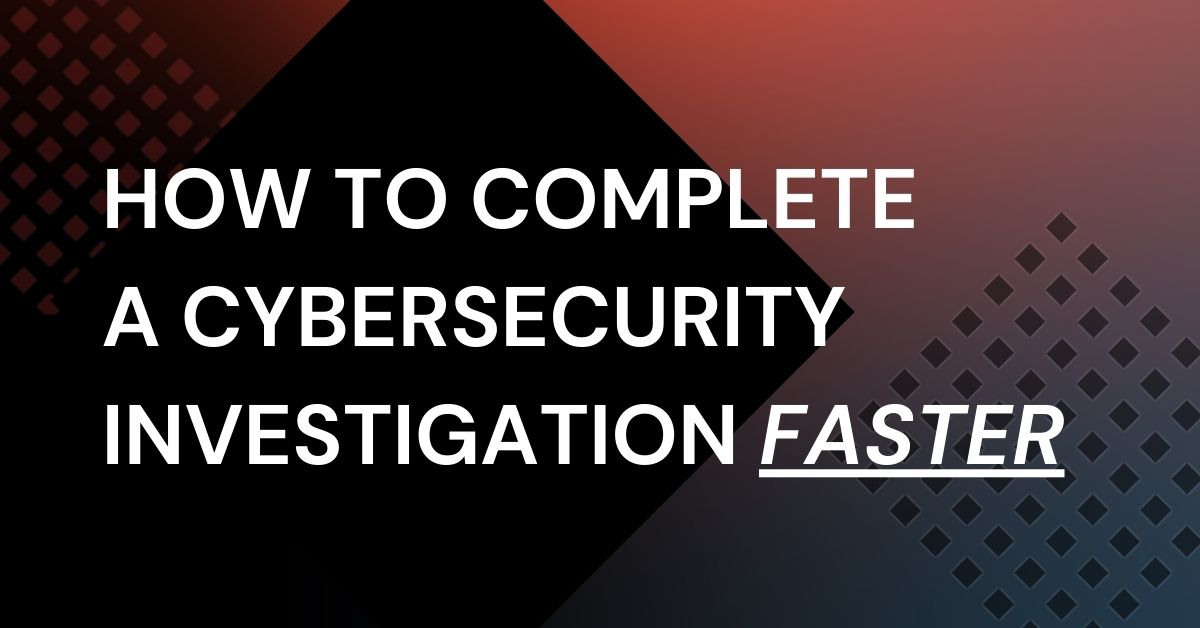
Investigation and Attribution
Efforts to investigate the cyberattack
The cyber attack that occurred recently has prompted investigation efforts from various agencies and organizations. The primary goal is to identify the perpetrators responsible for the attack and gather evidence to support legal action. Cybersecurity experts are analyzing the attack’s techniques, identifying the vulnerabilities exploited, and tracing the origins of the attack. Collaboration among law enforcement agencies, intelligence agencies, and cybersecurity firms is essential to uncovering attack details and developing effective countermeasures for future incidents.
Possible perpetrators and their motivations
Determining the culprits behind a cyberattack can be a complex process. Motivations for such attacks can range from financial gain to ideological reasons or even geopolitical interests. Possible perpetrators could include state-sponsored groups, organized criminal networks, hacktivist groups, or even rogue individuals. Attribution relies on evidence gathered from technical analysis, intelligence sources, and patterns identified in previous attacks. Identifying the motivations behind an attack is crucial for implementing appropriate security measures and preventing similar incidents in the future.
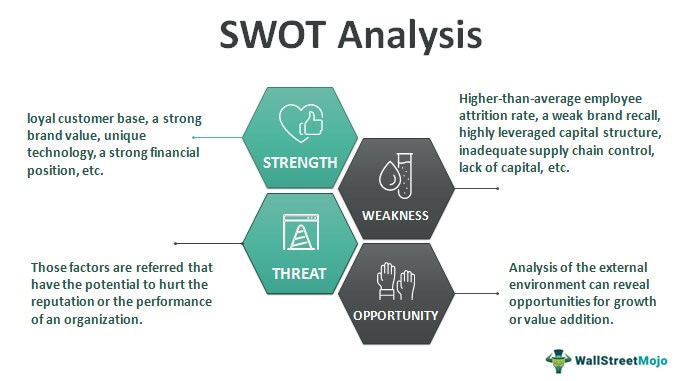
Lessons Learned and Security Measures
Analysis of the weaknesses that allowed the attack to occur
The recent cyberattack on MGM Resorts exposed vulnerabilities in their security infrastructure. It was discovered that outdated software, weak passwords, and inadequate employee training contributed to the breach. These weaknesses left the company susceptible to the attack and compromised the personal information of millions of customers.
Steps taken by MGM to enhance their cybersecurity
In response to the breach, MGM Resorts took immediate action to strengthen their cybersecurity measures. They made a security plan that includes regular software updates, password management protocols, and more employee training on data security best practices. They also enhanced their network monitoring capabilities and partnered with cybersecurity firms to conduct regular audits and tests. These proactive steps aim to prevent future attacks and ensure the safety and privacy of their customers’ information.
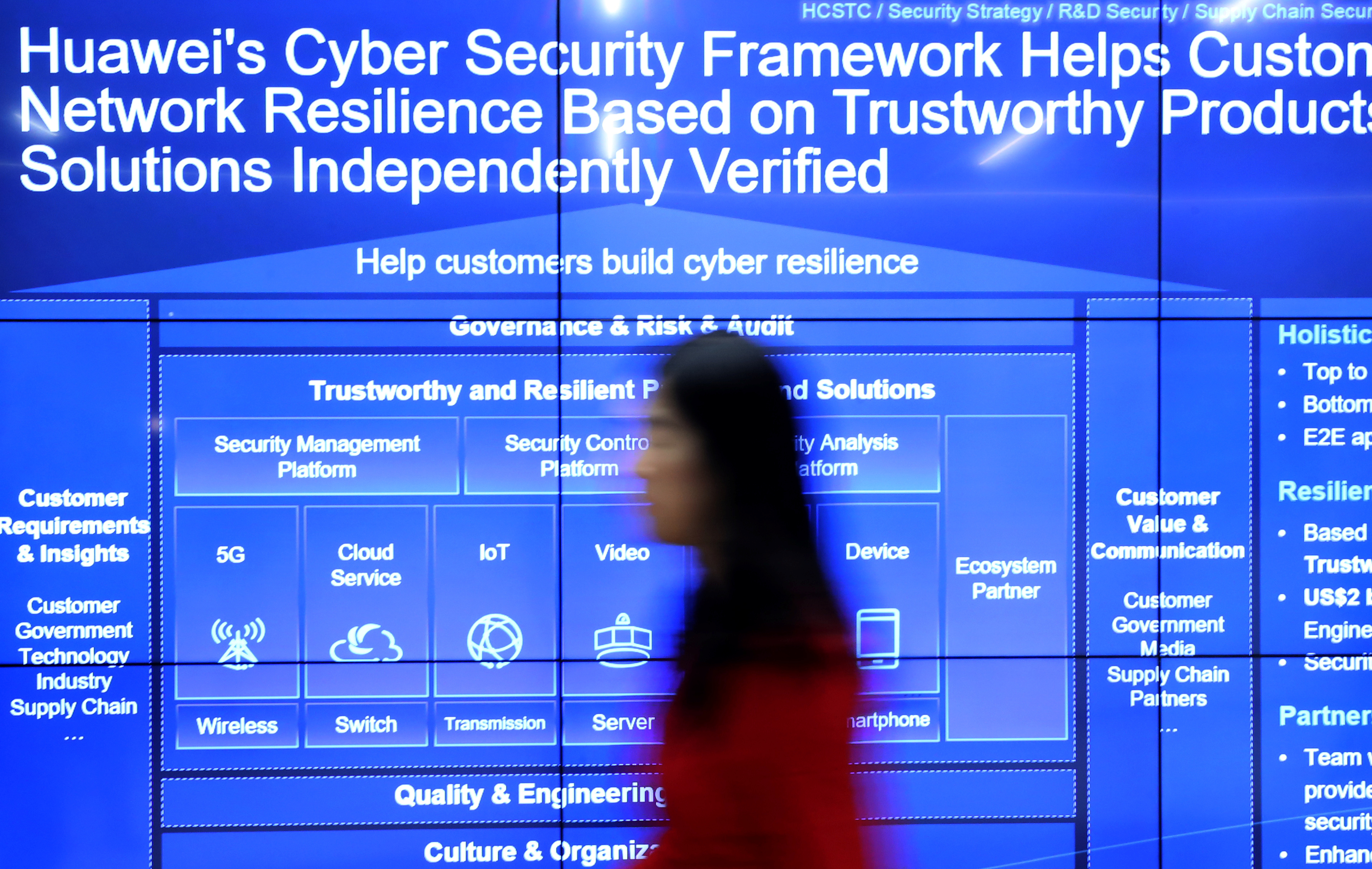
Industry Response and Implications
Reactions from the cybersecurity community and experts
Experts are worried after the cyberattack and are giving advice on how to prevent future incidents. They have emphasized the importance of robust security measures, regular vulnerability assessments, and employee training to ensure data protection. Experts have also urged organizations to adopt multi-factor authentication and strong password policies to mitigate the risk of unauthorized access.
Broader implications for the gaming and entertainment industry
The cyber attack on the gaming and entertainment industry highlights the vulnerability of businesses operating in this sector. Companies need to invest more in cybersecurity to protect sensitive data and maintain their reputation. Moreover, this incident showcases the evolving tactics of cybercriminals and the need for continual innovation in security solutions. It is essential for organizations to prioritize cybersecurity and collaborate with experts to stay one step ahead of malicious actors.
Conclusion
The MGM cyberattack incident serves as a wake-up call for the hospitality industry and beyond. It highlights the importance of robust cybersecurity measures and the potential consequences of a breach. Moving forward, organizations must prioritize investments in cybersecurity to protect sensitive data and maintain trust with customers. Collaboration between industry stakeholders, government entities, and cybersecurity experts is essential to stay ahead of evolving threats. By learning from this incident and implementing stronger defenses, the industry can ensure a more secure digital future.


